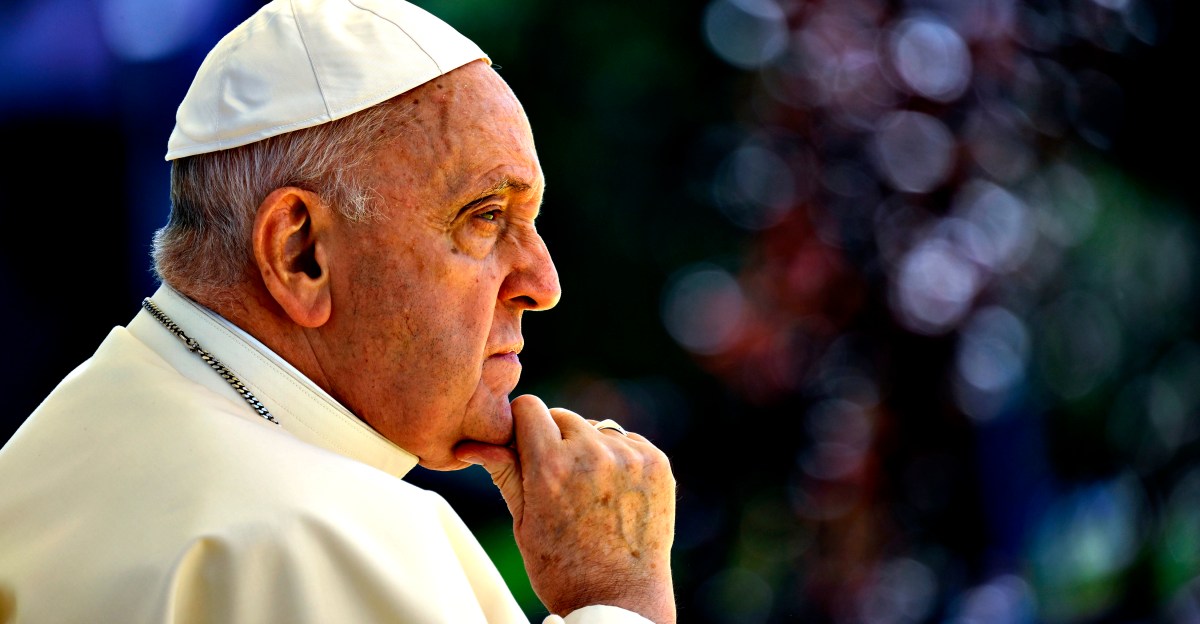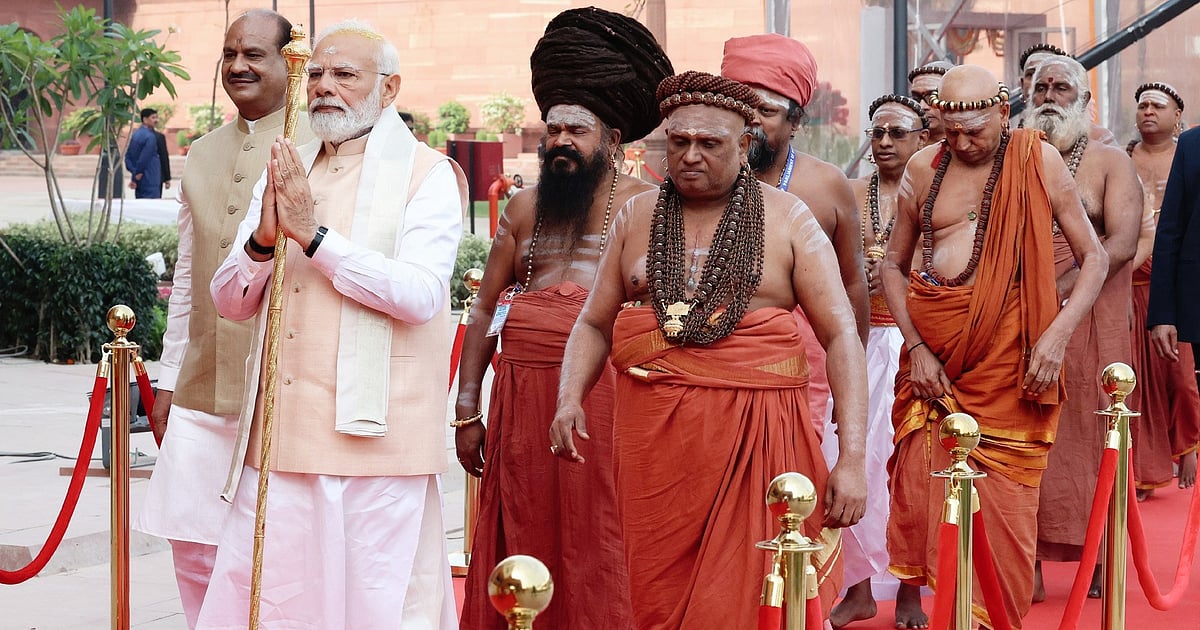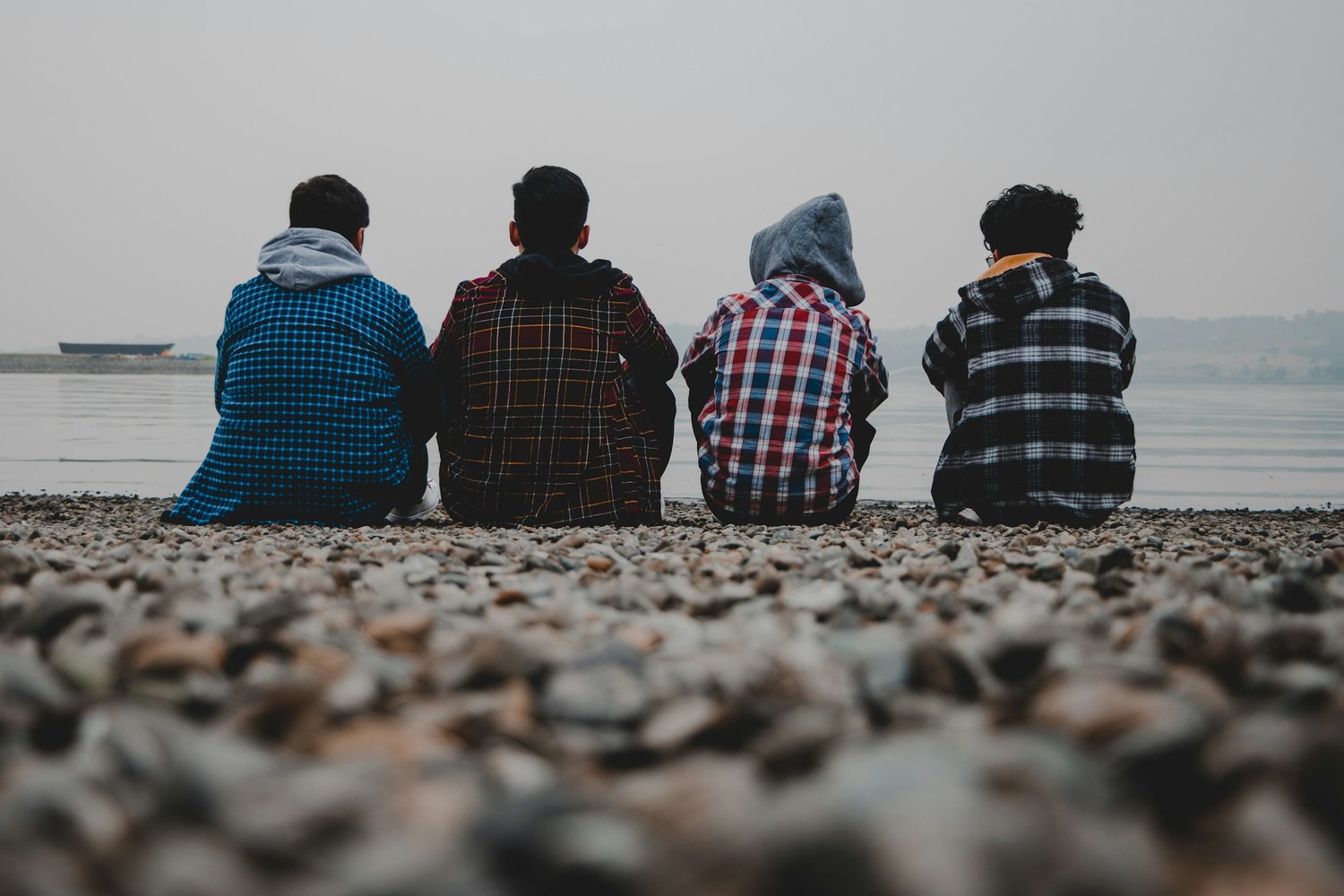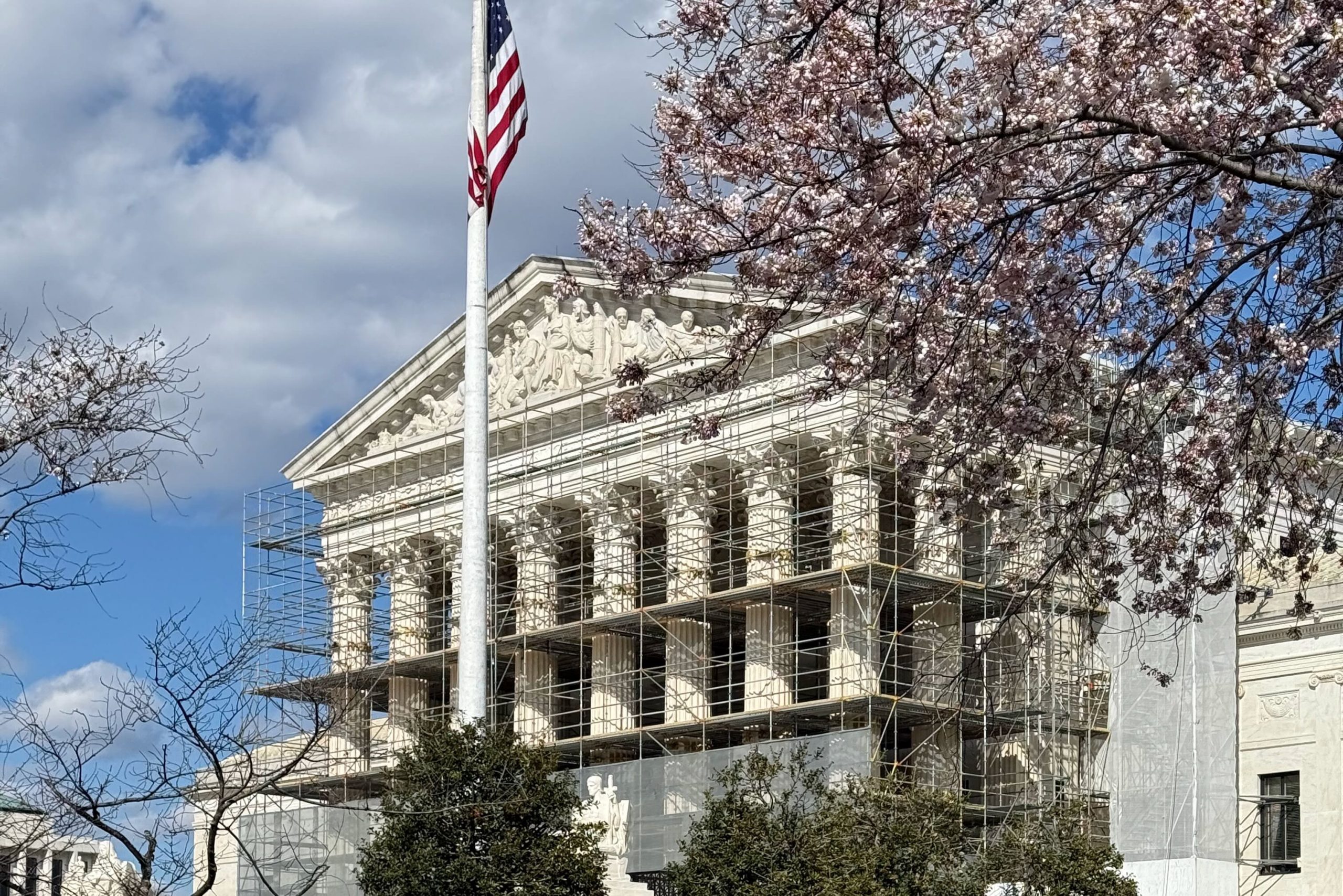Religious Tension Erupts: Chhattisgarh NSS Camp Sparks Controversy with Mandatory Prayer Directive
Religion
2025-04-27 22:46:30Content
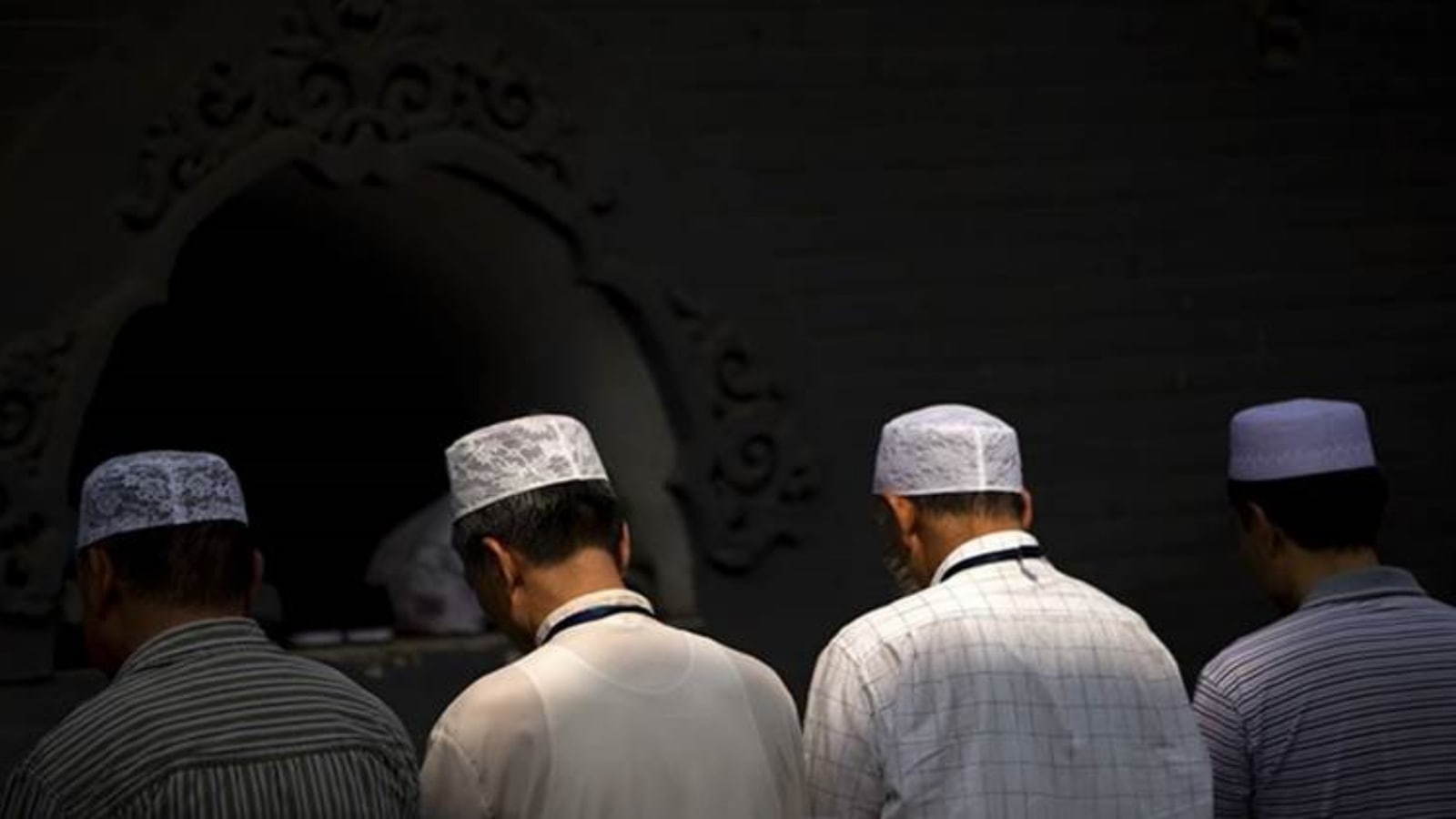
A group of university students have raised serious concerns about being compelled to perform namaz (Islamic prayer) against their will during a National Service Scheme (NSS) camp. The incident occurred in Shivtarai village between March 26 and April 1, with the specific day of forced prayer being March 31.
The students, who were participating in a mandatory one-week NSS camp, alleged that they were required to offer prayers without their personal consent, which they claim violated their individual religious freedom and personal beliefs. This unexpected religious imposition during what was supposed to be a community service program has sparked controversy and prompted an official complaint.
The complainants argue that the camp organizers overstepped their boundaries by mandating a religious practice that was not part of the original camp curriculum, raising questions about the appropriate conduct and respect for diverse religious backgrounds in such educational and service-oriented programs.
The incident has drawn attention to the importance of maintaining religious neutrality and respecting individual choices in institutional settings, particularly in government-sponsored programs like the National Service Scheme.
Controversial Religious Practices Spark Campus Debate: NSS Camp Raises Consent Concerns
In the intricate landscape of educational institutions, a recent incident at a university has ignited a profound discussion about religious practices, personal autonomy, and the boundaries of institutional programming. The emerging narrative surrounding a National Service Scheme (NSS) camp reveals complex dynamics of student rights, cultural sensitivity, and institutional protocols.Navigating Spiritual Boundaries: When Institutional Programs Challenge Personal Beliefs
The Unfolding Controversy
The recent events at the university's NSS camp in Shivtarai village have thrust into the spotlight critical questions about student consent and religious freedom. During a week-long program spanning from March 26 to April 1, students found themselves entangled in a situation that challenged their fundamental right to religious autonomy. The incident, which occurred on March 31, involved students being compelled to participate in religious practices without their explicit consent. The complexity of this scenario extends far beyond a simple administrative misstep. It represents a nuanced intersection of institutional programming, cultural expectations, and individual religious preferences. Students participating in the NSS camp, typically designed as a platform for community service and personal development, unexpectedly encountered a scenario that challenged their personal boundaries.Institutional Accountability and Student Rights
The complaint lodged by affected students underscores a critical aspect of modern educational environments: the imperative of respecting individual beliefs and maintaining transparent communication. Educational institutions are increasingly expected to create inclusive spaces that honor diverse religious perspectives while ensuring that participation in any spiritual or cultural activity remains fundamentally voluntary. This incident raises profound questions about the mechanisms of consent within structured educational programs. The NSS, traditionally viewed as a platform for social engagement and personal growth, must carefully navigate the delicate balance between community integration and individual autonomy. The students' experience highlights the need for clear guidelines that protect personal choice and prevent inadvertent religious imposition.Broader Implications for Educational Policies
The controversy extends beyond this singular event, reflecting broader societal conversations about religious practices in institutional settings. It demands a comprehensive review of how educational programs approach cultural and spiritual activities. Universities must develop robust frameworks that ensure students' rights are paramount, creating environments where participation is genuinely voluntary and respectful. The incident serves as a critical case study for educational administrators, policy makers, and student rights advocates. It emphasizes the necessity of developing clear, transparent protocols that protect individual beliefs while fostering an inclusive, respectful educational ecosystem. The dialogue generated by this event could potentially reshape how institutions approach cultural and religious programming.Student Perspectives and Institutional Response
The students' decision to file a complaint represents a significant moment of institutional accountability. It demonstrates a growing awareness among young individuals about their rights and a willingness to challenge practices that compromise personal autonomy. Their action invites a broader conversation about consent, respect, and the evolving dynamics of educational institutions. The university's response to this complaint will be crucial in determining future approaches to similar situations. It presents an opportunity for meaningful dialogue, policy refinement, and a reaffirmation of commitment to student rights and individual dignity.RELATED NEWS
Religion
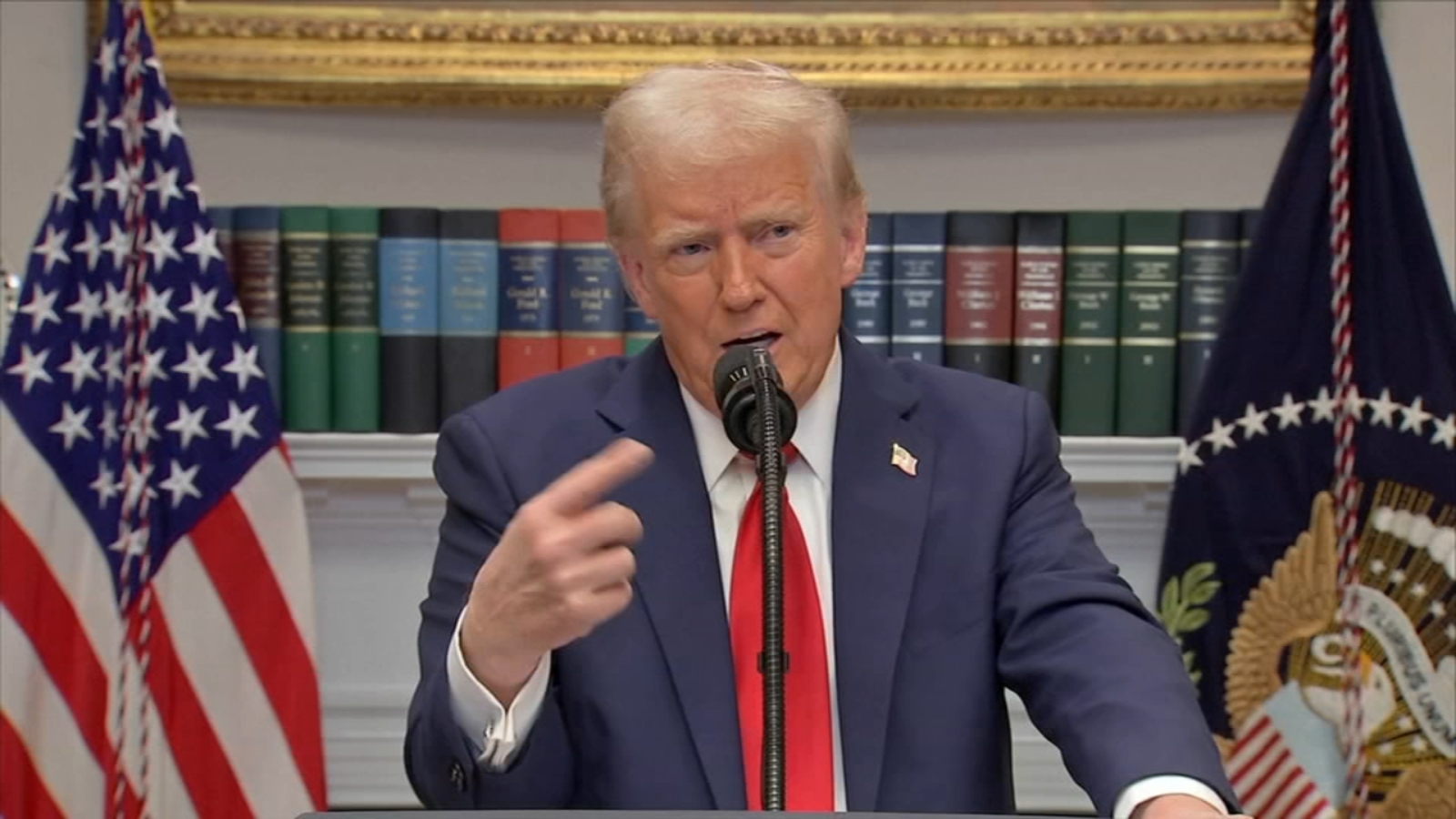
Sanctuary Shielded: Federal Judge Halts Trump-Era Crackdown on Church Immigrant Protections
2025-02-24 18:49:03
Religion

Breaking Barriers: A Candid Dialogue on Faith, Reconciliation, and Bridging Religious Divides
2025-03-21 00:00:00
Religion

Bridging Divides: How a Fujian City Weaves Cultural Threads with Taiwan
2025-03-09 08:06:53
